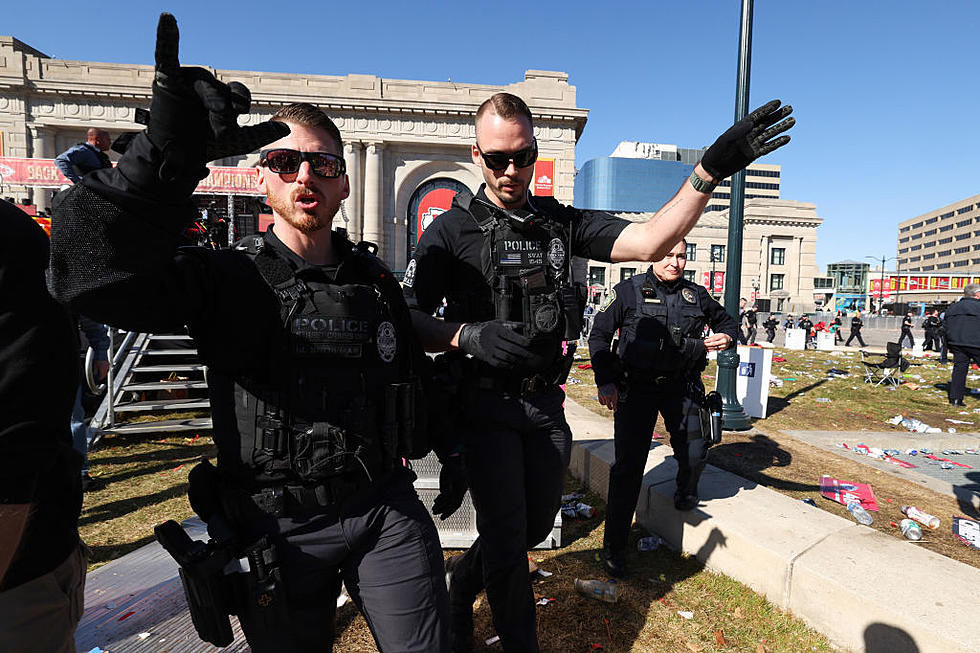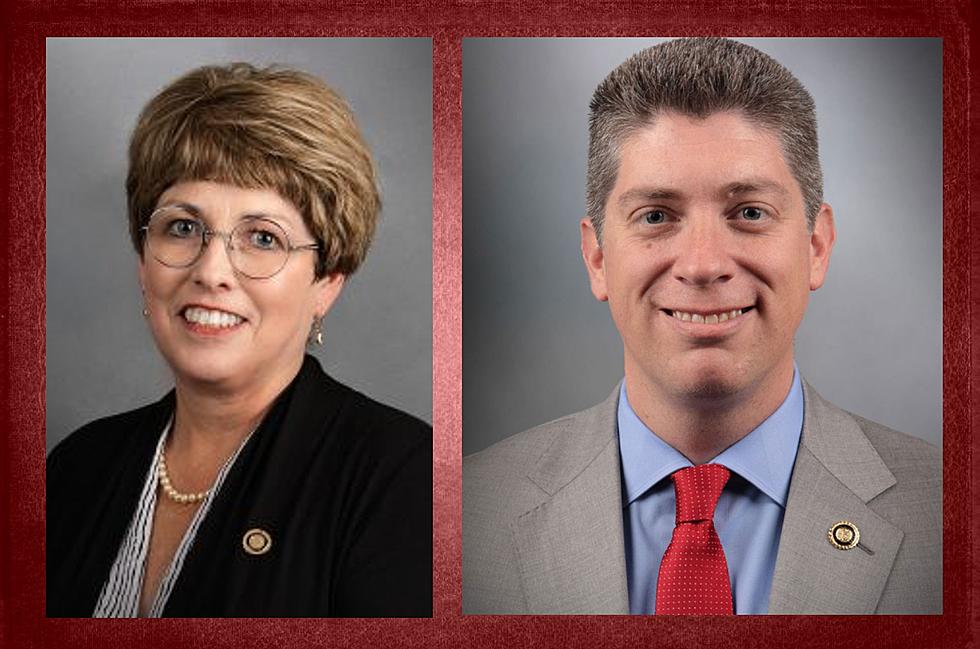
High Court Weighs State Role in Prosecuting Immigrants
The Supreme Court is trying to sort out whether states can prosecute immigrants who use fake Social Security numbers to get a job.
The justices heard arguments Wednesday in Kansas’ appeal of a state court ruling that threw out three convictions after concluding the state was seeking to punish immigrants who used fake IDs to obtain jobs.
The Kansas Supreme Court ruled that the federal government has exclusive authority to determine whether an immigrant may work in the United States.
The justices seemed concerned that states shouldn’t be hampered in other identity-theft prosecutions when someone might use a stolen Social Security number to get a driver’s license or arrange for direct deposit of a paycheck.
The case arose from three prosecutions in Johnson County, a largely suburban area outside Kansas City where the district attorney has aggressively pursued immigrants under the Kansas identity theft and false-information statutes.
The convictions under state law could alter immigration status and lead to deportation.
The issue is whether Kansas is blocked from prosecuting those crimes because it is relying on information that is on a required federal work authorization form, the I-9. Kansas, backed by the Trump administration and 12 states, argues it can prosecute because the same information also appears on state work forms.
In 2012, the court ruled that portions of an Arizona law targeting immigrants without proper legal documents could not be enforced because federal law trumps state measures in the area of immigration. The three immigrants in the Kansas case say the high court’s Arizona decision should determine the outcome in their situation.
Kansas’ argument would render the Arizona decision meaningless, Justice Elena Kagan said in an exchange with Kansas Solicitor General Derek Schmidt.
Schmidt disagreed. “We aren’t targeting folks because of their status. We are enforcing our identity theft laws,” he said.
Justice Samuel Alito made clear that he thought that Kansas did nothing wrong in prosecuting the three men who all were caught using fake IDs to get hired.
“This is not a situation like Arizona, where a state has criminalized something that is not criminal under federal law. It’s a case where the same conduct is criminal under federal law and, Kansas says, under Kansas law,” Alito said. Alito dissented from the relevant portions of the Arizona decision.
Several justices elicited answers from Paul Hughes, representing the immigrants, that indicated they could issue a narrow ruling in this case in favor of the immigrants without stepping on states’ ability to pursue traditional identity theft cases.
Such an outcome might please Chief Justice John Roberts, who was part of the majority in the Arizona case along with the four liberal justices. Justice Anthony Kennedy, who retired last year, wrote the 2012 opinion.
The court could end up deciding very little, Justice Neil Gorsuch said, because Kansas and other states would be sure to use documents other than work authorization forms in identity theft cases against immigrants.
“So we are deciding how many angels are dancing on the head of this pin? Is that what this case is about?” Gorsuch said.
A decision in Kansas v. Garcia, 17-834, is expected by late June.
More From AM 1050 KSIS









